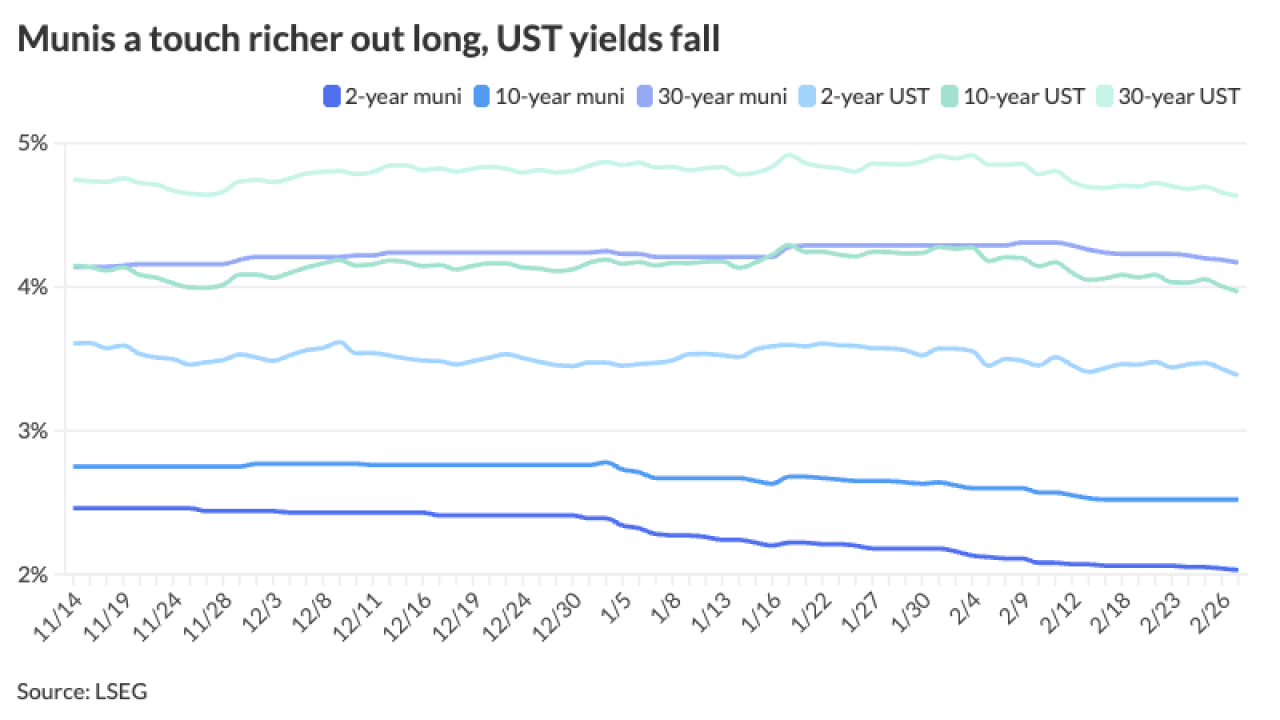
CHICAGO - Chicago defended in court the 2014 legislation to overhaul its municipal and laborers' pension funds, arguing that it rescues the funds from near certain insolvency.
Union and fund members challenging the changes countered that those arguments are moot when held up against the state constitution's pension clause. The doctrine protects member benefits from being diminished and cost-of-living adjustment cuts diminish annuities.
Chicago's top attorney Stephen Patton and private attorneys for multiple unions and fund participants argued over those positions for two-and-a-half hours Thursday before Cook County Circuit Court Judge Rita Novak. The judge said she would rule on the case July 24. A direct appeal to the Illinois Supreme Court is certain.
At the heart of the case is the state constitution's pension clause that reads: "Membership in any pension or retirement system of the state, any unit of local government or school district, or any agency or instrumentality thereof, shall be an enforceable contractual relationship, the benefits of which shall not be diminished or impaired."
Patton said to prove their case, the plaintiffs must show that the changes indeed damage pension benefits applied under the pension code. "This, they cannot do," Patton told Novak. The legislation "preserves and protects them" by "rescuing" them from future bankruptcy and fully funding them in 40 years.
The union and fund members argued that the clause's language is plain as day and was reinforced by the Illinois Supreme Court's May 8 decision voiding as unconstitutional the 2013 overhaul of four of the state's five pension funds.
The justices rejected the state's primary argument that it was authorized to make the benefit cuts to deal with its fiscal crisis under its sovereign powers granted by the state and federal constitutions. The city subsequently dropped it use of that argument.
"The Supreme Court has spoken," said plaintiffs' attorney Michael Freeborn. "The fact is there is going to be some pension diminishment. They [members] have a constitutionally protected right to their benefits."
Many of Novak's questions centered on how the city's pension overhaul and legal arguments differ from the state's 2013 reform package and Illinois' legal position, as well as how city pension recipients benefit from the changes.
The city outlined how the state funds were already on a funding schedule with an ending goal of near full funding in the ensuing decades. The state's changes were aimed at curbing rising growth in its contributions to stabilize the system burdened with $111 billion of unfunded obligations. It achieved that through benefit cuts and higher employee contributions.
The city contributions are governed by state statutes that set a formula tied to a percentage of employee contributions. It has long fallen short of an actuarially required level, putting the funds on course to exhaust assets in the next decade. The city plan stabilizes its funds by hiking its own contributions, employee contributions, and benefit cuts.
The city legislation also added language making clear it is on-the-hook to ensure the system is funded and annuities paid. The city contends the prior language holds only the funds' themselves responsible for paying annuitants. The state, in contrast, was already on the hook for its funds prior to its attempted pension overhaul.
The city argues those new provisions provide consideration for the cuts, a legal theory in contract law that allows for detrimental changes to be made in exchange for some perk if parties agree.
The city has long touted that 28 of 31 impacted unions signed off on the plan and it recently added that contention as a legal argument - that the changes represent a collectively bargained-for exchange reached after months of negotiations. The city said this spring in an investor presentation it was a factor that officials hoped would win the judge's favor but was not a legal argument.
What is the "consideration" for fund members, Novak asked the city.
Patton said prior to the overhaul, the members were "out of luck" if the funds exhausted assets whereas the city is now the obligor. The city also will bolster funding, including about $100 million next year as it ramps up to an ARC. "That's a new, substantial benefit for consideration," Patton said of the changes.
The idea of consideration has picked steam as a possible means to get around the pension clause based on a footnote in the Illinois Supreme Court's opinion that suggested the court might look favorably on such an argument.
The plaintiffs dismiss the city's arguments, countering that that Chicago could save the funds from insolvency by putting more money into them under their home rule powers and they contend prior court rulings make clear the city would be held accountable for annuitant payments.
Freeborn chastised the city for so late in the game turning to the consideration argument and attacked the city's notion that its informal agreement with most unions represents a truly negotiated deal under the consideration theory since rank-and-file did not agree and retirees are not represented by the unions. "There was simply no authority to bind" all union members to "waive their rights," Freeborn said.
Another attorney for the plaintiffs, Clint Krislov, labeled the city's preserve and protect contention a "Chicken Little defense" warning that the "sky is falling" in the absence of the legislation. "It diminishes benefits. It violates the constitution," Krislov said of the law.
The Illinois Attorney General's office and lawyers for both funds testified in favor of the city legislation's legality. The guarantee on the city's part of ARC funding is a "game changer" as it is now makes it a "benefit of membership," said Laborers' fund attorney John Kennedy.
Rating agencies and investors are watching closely, because the overhaul of the two funds is a central piece of the city's efforts to solve a pension dilemma that has dragged its rating from Moody's Investors Service down to junk and contributed to multi-notch downgrades from Fitch Ratings and Standard & Poor's.
"If the pension reform changes are struck down, the city would likely revert to the lower, statutorily based payments. Under this scenario, the related liability could be expected to continue to rise and the rating would likely be downgraded," Fitch warned in a new review of the city's rating.
The overhaul won state legislative approval last year and was signed into law by former Gov. Pat Quinn and took effect Jan. 1. The unfunded liabilities of the two funds represent about half of the city's overall $20 billion tab. Its four funds are collectively funded at 34%. The legislation gives unions the right to sue should the city fall short of its required contribution levels and calls for the diversion of city grants from the state to the funds.





